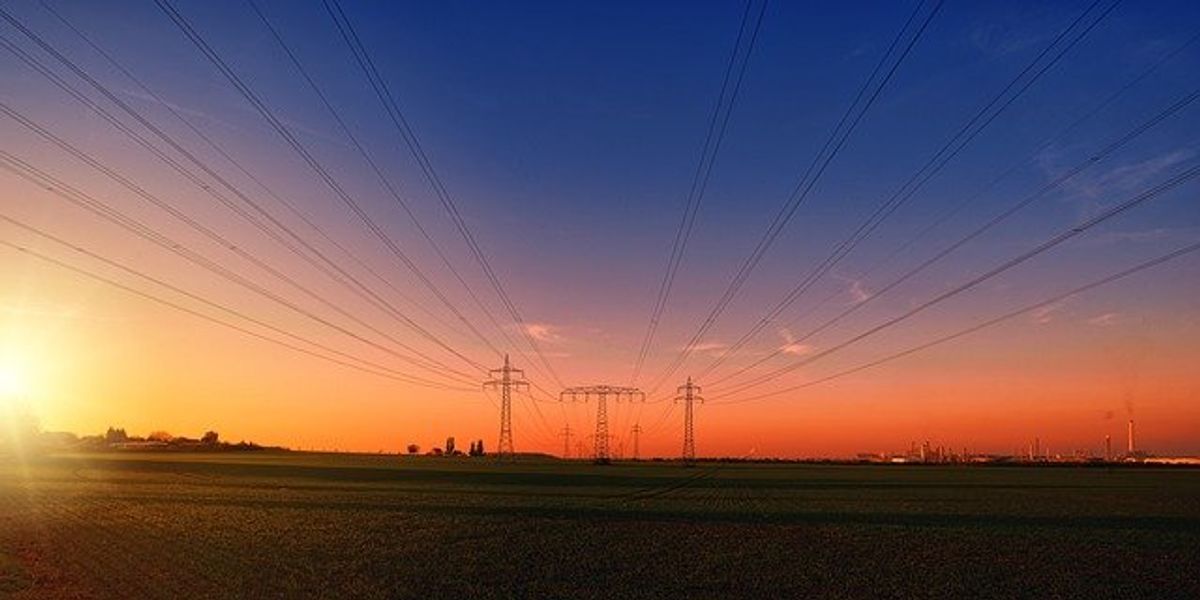
Credit: Nivedita Singh/Unsplash
1h
Opinion: Wealthy nations rely on climate adaptation while evading responsibility for global harm
Climate disasters are escalating in frequency and scope, but a growing global reliance on adaptation instead of mitigation is allowing the wealthiest countries to sidestep meaningful climate action.
Peter Sutoris writes for Undark.
In short:
- The global focus has shifted from preventing climate change (mitigation) to adjusting to it (adaptation), driven largely by wealthy nations reluctant to alter fossil fuel-based economies.
- Communities in the Global South — such as those in the Marshall Islands, Bangladesh, and Mozambique — are facing irreversible consequences like displacement, while richer nations delay confronting the root causes of the crisis.
- Health data show that climate adaptation strategies do little to address long-term public health effects, with major floods leading to increased hospitalizations for cardiovascular, respiratory, and metabolic conditions.
Why this matters:
As the climate crisis deepens, the divide between those who can afford to adapt and those who cannot is growing larger. Adaptation strategies often leave behind those least responsible for emissions and most vulnerable to climate disruption. Without a concurrent shift toward genuine mitigation rooted in justice, adaptation risks becoming shorthand for selective survival.
Related: Environmentalists are struggling, but their struggle isn’t unique to the Trump administration














